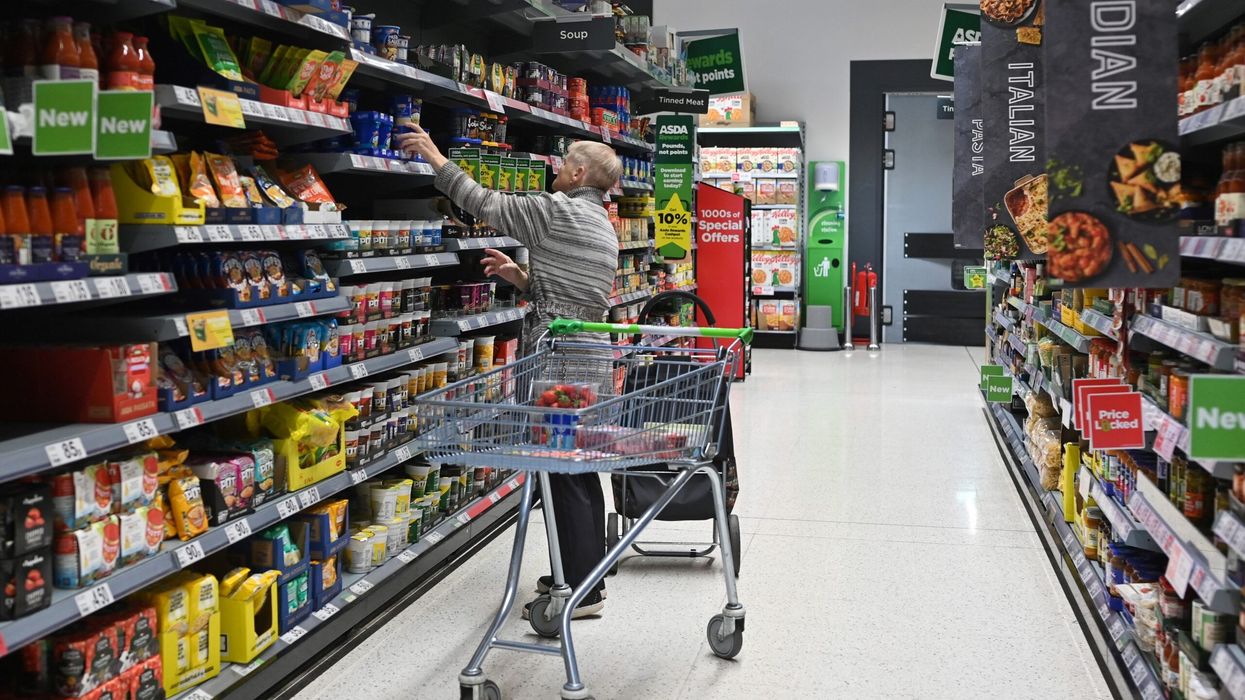BRITAIN'S economy pulled out of recession at a faster pace than previously thought in the first three months of this year, revised official data showed on Friday, but the broader economic backdrop remains fragile ahead of next week's election.
The country's gross domestic product expanded by 0.7 per cent from the previous quarter, above an initial estimate of 0.6 per cent growth, the Office for National Statistics said. GDP fell for two quarters in a row in the second half of 2023.
The figures come less than a week before Britons vote in an election that opinion polls suggest the Labour Party, led by Keir Starmer, looks set to win comfortably over the Conservative Party of Prime Minister Rishi Sunak.
The longer-term growth picture is weak, contributing to Sunak's electoral difficulties. First-quarter gross domestic product was just 0.3 per cent higher than a year earlier, above an initial estimate of 0.2 per cent.
Real household disposable income - a measure of living standards - was 0.6 per cent lower per head in the first quarter of 2024 than it was in the final quarter of 2019, the time of Britain's last national election and just before the Covid-19 pandemic.
"Income growth over the parliament so far has been worse than in any other since the 1950s, and the third worst in post-Edwardian Britain," said Adam Corlett, principal economist at the Resolution Foundation, referring to the period since 1910.
"Addressing this great living standards slowdown is the ultimate test for whomever wins the election," he added.
Britain's economy has struggled since its last election, hurt not just by the pandemic - which dealt a lasting blow to the labour force - but also by a surge in inflation after Russia's invasion of Ukraine and post-Brexit trade frictions.
Britain's economy in the first quarter of 2024 was 1.8 per cent larger than in the final quarter of 2019, the weakest performer after Germany among the world's seven largest advanced economies - though neither France nor Japan have done much better.
Solid start to 2024
Britain's growth in the first quarter was its fastest since the final quarter of 2021 and the second quarter looks solid too. Last week the Bank of England estimated GDP would expand by 0.5 per cent in the April-to-June period.
There was some relief for households in Friday's data. Real household disposable income per head has risen by 2.4 per cent over the past year, helped by unusually fast wage growth as employers scramble to hire and retain staff amid a shortage of candidates.
GDP per head, a longer-term driver of living standards, increased on a quarterly basis for the first time in two years - although it remains 0.6 per cent lower than a year ago.
However, the BoE regards robust first-half growth as likely to be a rebound from last year's weakness rather than the start of a period of strong growth, and it thinks the underlying rate of expansion in the economy is somewhere around 0.25 per cent a quarter.
The government's budget forecasters have a higher growth outlook than most analysts. In March, they predicted annual growth would pick up from 0.8 per cent this year to just under 2 per cent over the coming years.
Labour's Starmer has said even this relatively high estimate is too pessimistic and that he will ensure Britain has the highest sustained growth in the G7 with reforms including an easing of planning controls to speed up the building of infrastructure and 1.5 million new homes.
Britain has not grown faster than 2 per cent a year on a regular basis since before the 2008 global financial crisis.
Economists view this as reflecting a slowdown in the growth rate of output per hour worked - also known as productivity - which happened in many Western economies but especially in Britain, due in part to weak investment.
Data from the ONS published on Friday showed total foreign direct investment in Britain fell for the fifth quarter out of the last six in the January-to-March period. (Reuters)




